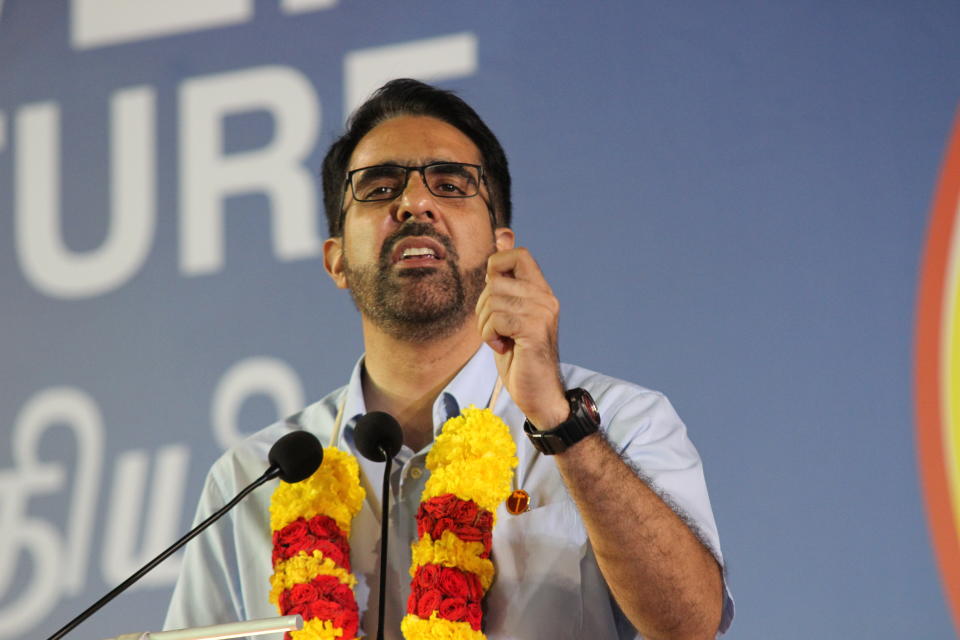Workers' Party unable to support GST hike for now: Pritam Singh

The Workers’ Party (WP) is unable to support the recent announcement of a planned increase in the Goods and Services Tax (GST) for now due to a lack of clarity about projected future government expenditure and whether there is scope for the reserves to better support Singaporeans, said Aljunied GRC Member of Parliament Pritam Singh on Tuesday (26 February).
“We will also need some understanding of the government’s offset package for the low-income and middle-income should the GST be raised, information which the government has not released thus far,” said the 41-year-old while addressing Parliament on the first day of the Committee of Supply (COS) debate on this year’s Budget.
Finance Minister Heng Swee Keat announced earlier this month that Singapore’s GST will be raised to 9 per cent from 7 per cent sometime from 2021 to 2025. The exact timing of the GST increase will depend on Singapore’s economy, expenditure growth and existing taxes, said Heng said in his Budget 2018 speech.
Singh, who is also the WP’s assistant secretary-general, noted that there was an “inconsistency” in the treatment of some additional taxes that will add to the government’s coffers before the GST hike.
For example, the government was able to confirm that the imposition of the carbon tax would bring an additional one billion dollars a year of revenue after implementation. However, no estimates were provided on the likely additional revenue that will be added to the government’s income with the inclusion of the GST on imported services.
Alternative approach
“GST may well have to rise, but Singaporeans could be more likely to accept it if the government considers the pros and cons of moving from the established orthodoxy, and consider new approaches that improve social protection thresholds for all, and elderly Singaporeans in particular,” said Singh.
He added that “regressive taxes” like the GST hit middle-income families with young children and elderly parents the hardest, mainly because GST offset packages announced by the government invariably target the low-income and needy more.
He noted that national broadsheet The Straits Times estimated the country’s reserves to be in excess of a trillion dollars.
“How much of it do we need to protect the Singapore dollar from currency speculators, is a valid question, given that yearly revenue from land sales alone ensures that our reserves continue to grow in size?” asked Singh.
Singh, who is tipped to succeed opposition veteran Low Thia Khiang as WP chief, pointed out that Singapore’s approach to budgeting is “highly conservative”, with land sales excluded from the government’s income.
Given that the government is the biggest landowner in Singapore, Singh asked the authorities to reconsider the role that land sales can play in the recurrent spending that directly benefits Singaporeans.
“Should not the current generations be allowed to benefit from some percentage of today’s land sales, with the knowledge that such land regenerates itself in value for future generations, providing successive governments with a recurring source of income?” he asked.
Related stories:
Cabinet reshuffle after Parliament’s mid-term break: Lee Hsien Loong
Singapore Budget 2018: GST to rise to 9 per cent sometime in 2021-25


